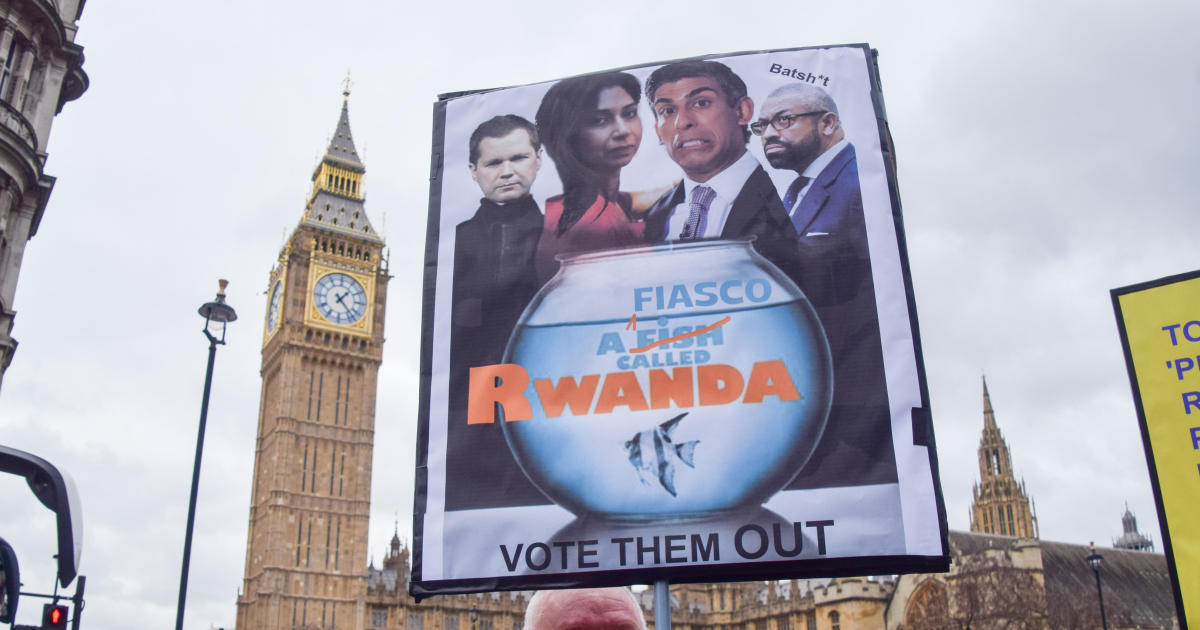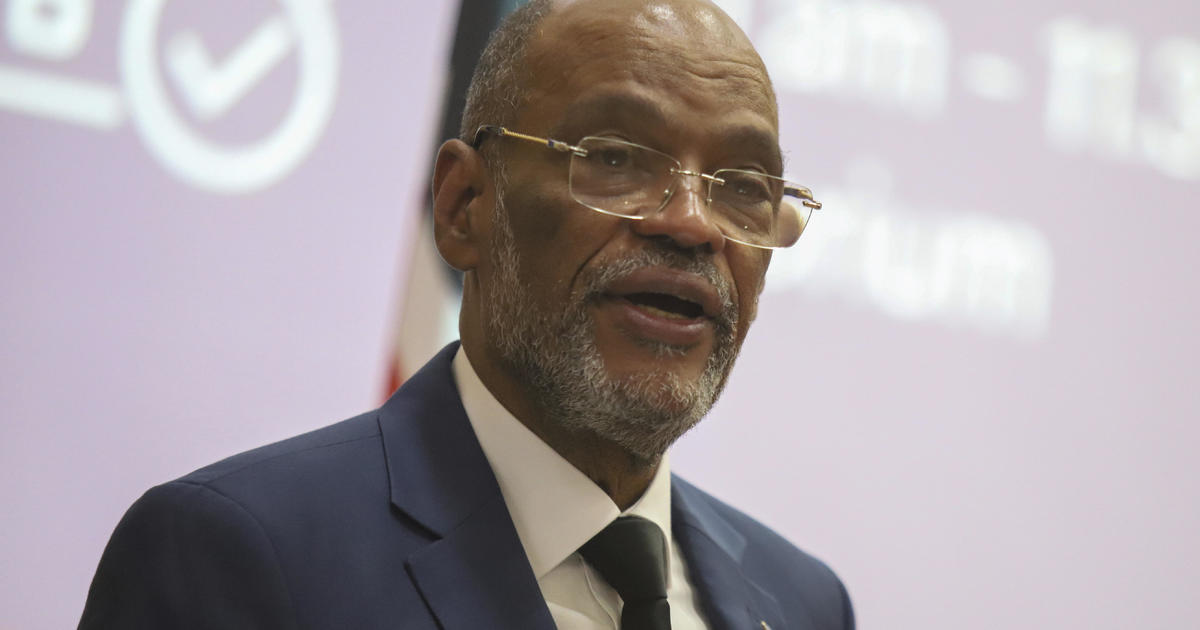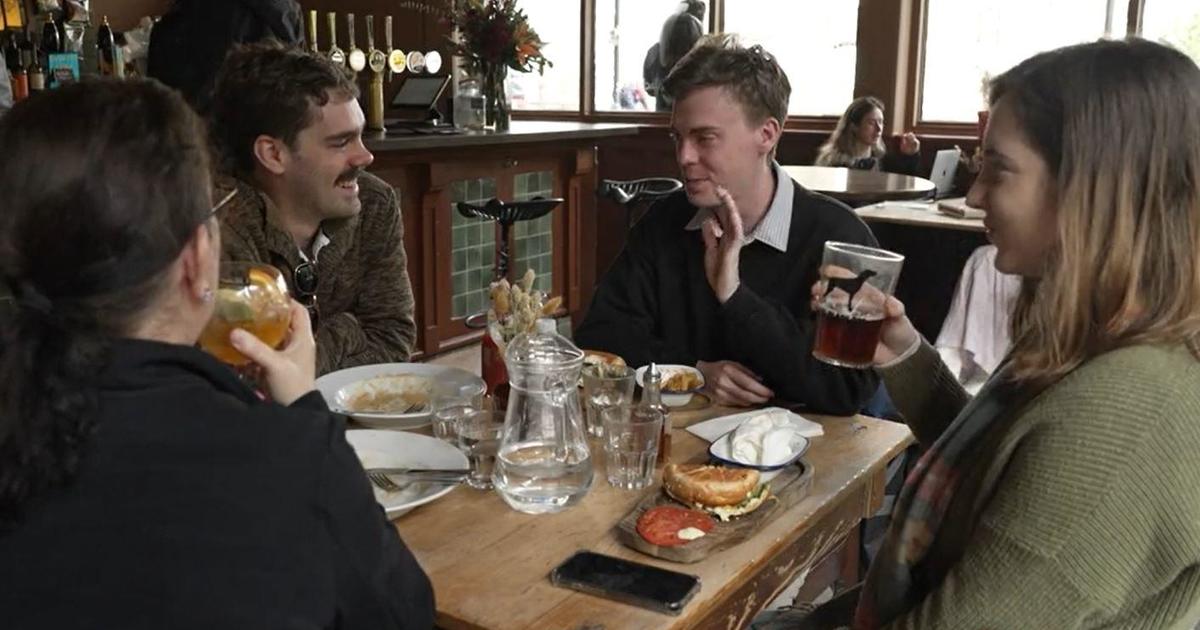Why was U.K. Prime Minister Boris Johnson forced to resign, and what happens next?
London — U.K. Prime Minister Boris Johnson remained at his official residence on Downing Street Friday, one day after he said he would step down from his post as leader of Britain's Conservative Party when a replacement is selected. Candidates were quick to start throwing their hats in the ring to replace Johnson, while some critics said he should be removed immediately.
How is Boris Johnson still serving as prime minister after resigning?
In Britain, prime ministers are not directly elected by the public. General elections work more like congressional elections in the United States, where the public votes for local representatives to send to the U.K.'s legislature, the parliament. The leader of the party that wins the most seats in parliament generally becomes the prime minister.
Britain's Conservative Party, which holds the majority of seats in parliament, will now select a new party leader to replace Johnson, and that person will become the new prime minister. Johnson has said he will continue to serve until a replacement is found.
How was Boris Johnson forced to resign?
Earlier this week, dozens of members of Johnson's government resigned, including members of his cabinet. The resignations were in response to the latest in a series of scandals, this one involving former government minister Chris Pincher.
Pincher recently stepped down from his government post after being accused of groping two men. Johnson initially denied any knowledge of similar, previous accusations against Pincher, but changed his story twice as new information was published in the media, and was accused of lying.
Some of the many members of his government who resigned said Johnson's handling of the Pincher affair was the last straw. Over the past few months, Johnson narrowly survived a vote of no confidence by his party, and was fined by police for violating COVID-19 restrictions during Britain's pandemic lockdown, when he attended parties at his official residence.
What comes next?
The process to elect a new Conservative Party leader traditionally involves a number of candidates putting themselves forward, and then the field is whittled down through a series of votes among sitting members of parliament. When only two candidates remain, members of the wider Conservative Party from across the country vote for who they want to be their next leader.
Choosing a new leader in this way would typically take several months. Critics say Johnson remaining prime minister for that period of time would hurt the country, which faces a number of issues including rising inflation and fuel prices. They say Johnson should be replaced much sooner, potentially by his Deputy Prime Minister Dominic Raab.
The rules for choosing a new party leader are determined by a committee of Conservative members of parliament called the 1922 Committee. They have the power to change the rules to expedite the process, and are scheduled to meet on July 11 to discuss doing just that.
Meanwhile, Britain's opposition Labour Party has called for a general election.
If Johnson does not leave his post immediately, Labour leader Kier Starmer warned that his party would call for a vote of no confidence in Johnson's government, potentially as early as next week. That move could, and would very likely be blocked by the Conservatives, however, as they are still in charge of the government.



